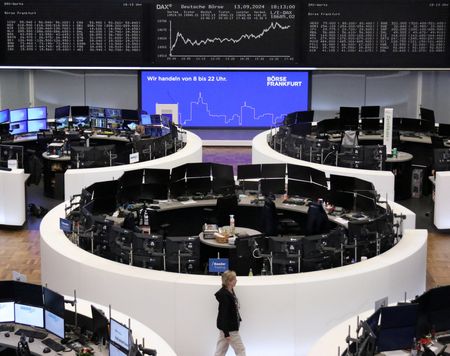By Tetsushi Kajimoto and Mariko Katsumura
TOKYO (Reuters) -Japan logged a trade deficit for a 16th straight month in November as imports surged to a record level, while subdued growth in exports to China fanned concern about how COVID disruptions there could impact other economies.
The trade deficit came in at 2 trillion yen ($14.8 billion) – the fourth month in a row it has hit that level or more.
Imports soared 30.3% in value terms from a year earlier, more than the 27.0% increase expected by economists. They were led by imports of crude oil, coal and liquefied natural gas and inflated by the yen’s 28.5% depreciation against the dollar.
Exports grew 20%, in line with estimates and also hitting a record, led by U.S. demand for cars and mining machinery.
But growth in exports to China, the world’s second-largest economy and Japan’s largest trading partner, was just 3.5%, hurt by weaker demand for chip-making machinery and auto parts. That compares with double-digit percentage growth in July through September and a gain of 7.7% in October.
“What caught my eye was continued weak exports to China,” said Takayuki Miyajima, senior economist at Sony Financial Group.
“Looking ahead, I’m concerned about how the China’s relaxation of its zero-COVID policy may affect the whole of the country’s supply chain.”
Japan has logged a cumulative trade deficit this year of 18.5 trillion yen, more than the record annual 12.8 trillion yen trade deficit for 2014.
Exports to the United States rose 32.5%, EU-bound exports climbed 32% while exports to Asia (excluding China) grew 11.6%.
($1 = 135.5100 yen)
(Reporting by Tetsushi Kajimoto; Additional reporting by Mariko Katsumura; Editing by Edwina Gibbs)










